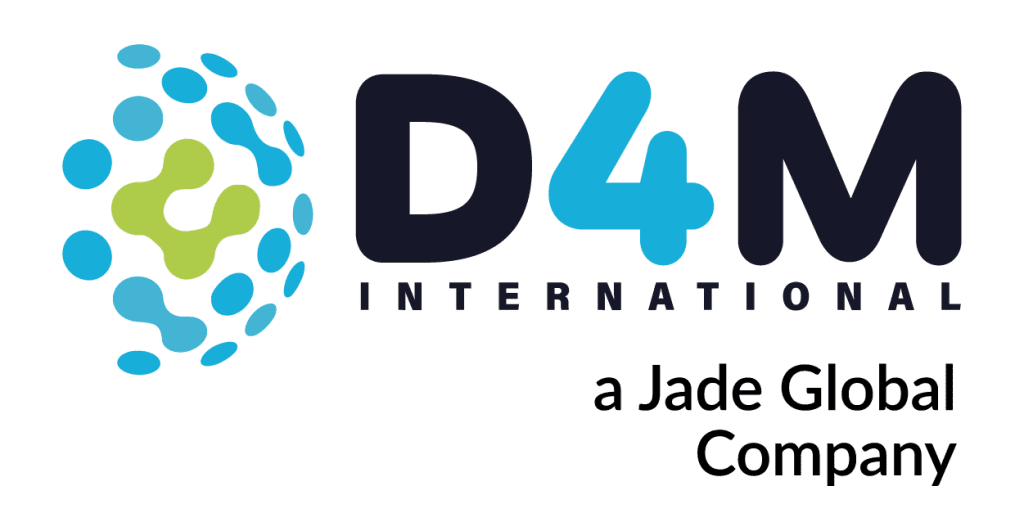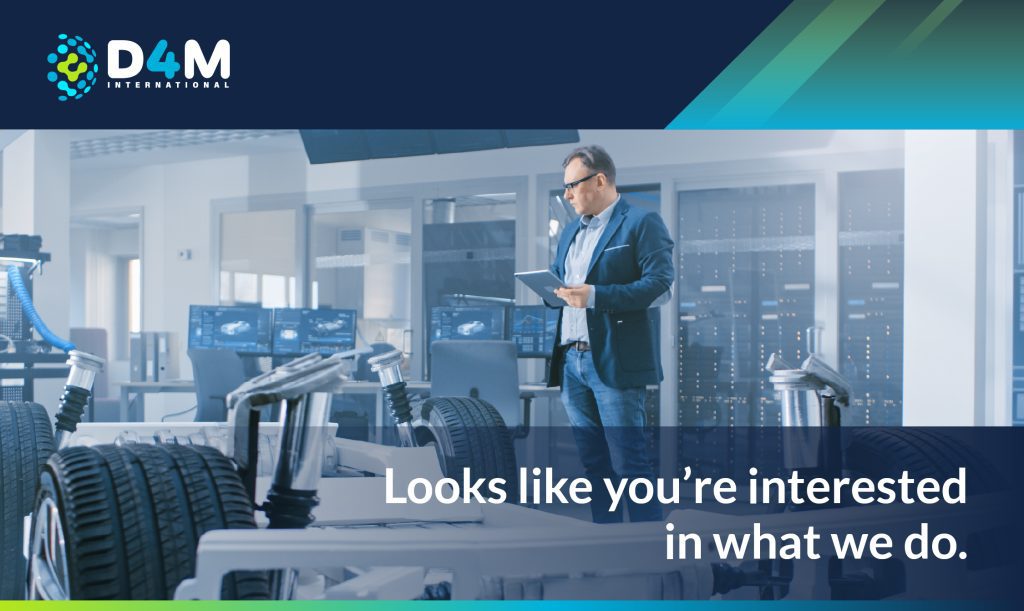Industry 4.0 Revolution: How Industry 4.0 Disruptions Are Shaping the Future of the Automotive Sector
About the Interview
Industry 4.0 refers to the integration of intelligent digital technologies into manufacturing and industrial processes. This topic has become a significant focus within the manufacturing sector, particularly in the automotive industry. In this interview, we speak with Alan Roy, Senior Account Executive at D4M, who examines the importance of adaptability in the evolving digital manufacturing landscape and the various changes occurring within the industry.
In this conversation, Alan focuses on industry disruptions—vast and drastic changes in the manufacturing sector. These disruptions are forcing organizations to adapt to remain competitive. Alan emphasizes that in order to do so, existing transportation brands must undergo significant transformations. New business models must be developed and adopted quickly, and businesses must be nimble in their approach. He identifies four key disruptions driving change in many industries within the digital economy:
- Customized demand
- Unanticipated innovations
- Cybersecurity threats
- Supply chain issues
These disruptions can sometimes impact a manufacturer’s ability to deliver products and manage their supply chains effectively. However, Alan remains optimistic, stating, “I envision a day soon when change will become very familiar to us and will become more the norm than the exception.”
Manufacturers must not only learn to be agile and nimble but also leverage data and new technologies to drive the paradigm shift in how we do business. At D4M Internacional, we are committed to helping companies successfully navigate the transition to the digital economy. With the significant rise in automation across manufacturing plants, digitalization offers numerous benefits, including reduced defect rates and increased output.






